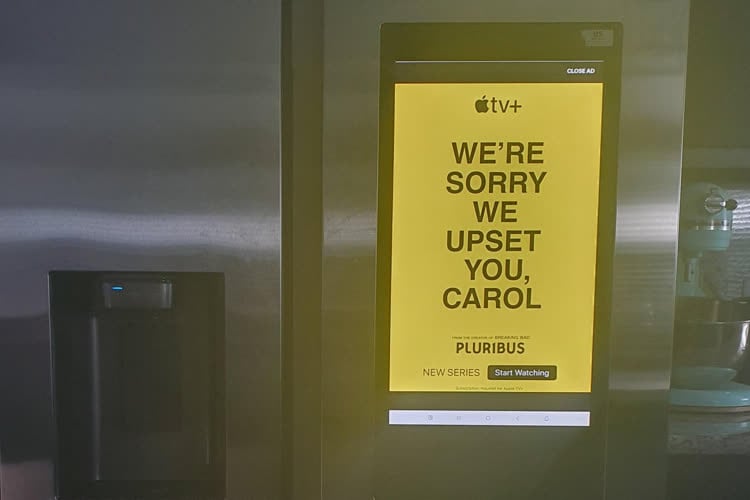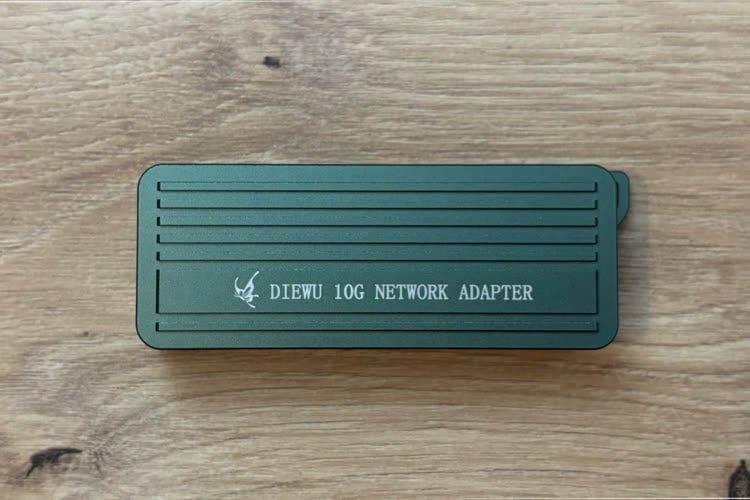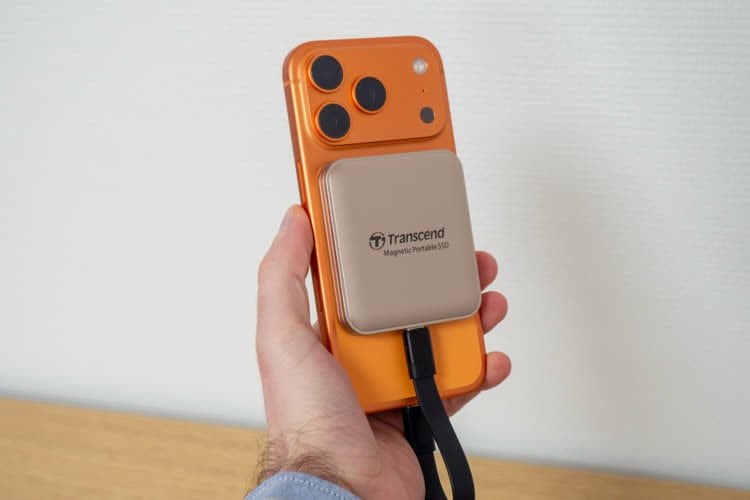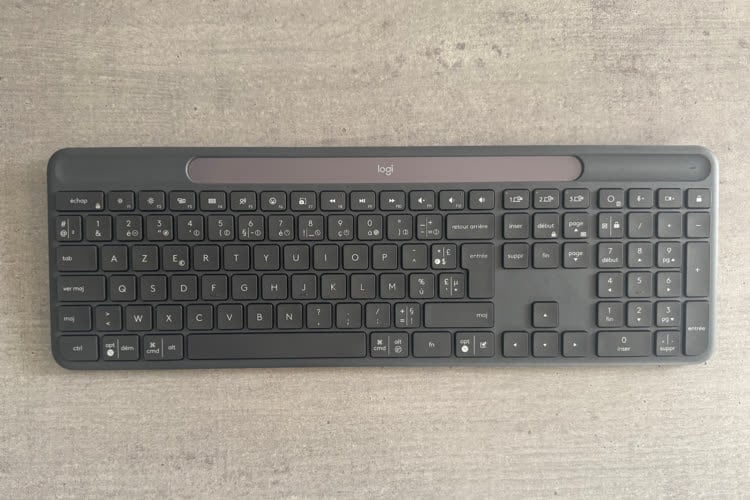La faille de sécurité relative à la vérification de la connexion SSL est sans doute l’une des plus graves dans l’histoire d’Apple. Avant d’entrer dans les détails, nous ne pouvons que vous encourager à faire de toute urgence la mise à jour de tous vos terminaux iOS. Au passage, elle n'est pas problématique pour le jailbreak.
La sortie des mises à jour de sécurité pour iOS 6.1.x et 7.0.x fait l’objet d’une belle polémique depuis hier. En proposant ce correctif, Apple a officialisé cette faille en quelque sorte et rendu publique son existence. Comment a-t-elle pu faire cela tout en laissant OS X dans le noir et dans une moindre mesure ses testeurs sous 7.1 ? Précisons d’emblée que celle-ci touche « seulement » les personnes sous Mavericks.
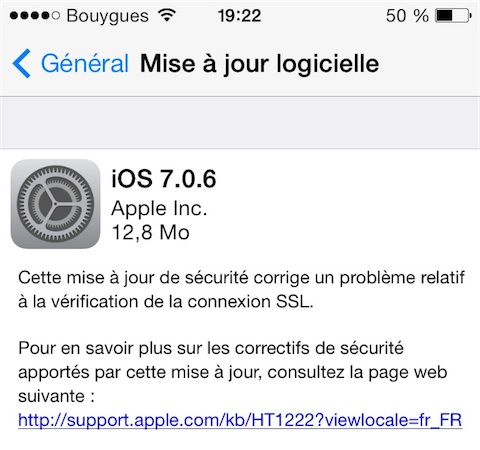
Pourquoi cette faille est dangereuse
Revenons-en à la faille : Transport Layer Security (TLS), et son prédécesseur Secure Sockets Layer (SSL) sont des protocoles permettant de sécuriser les échanges sur Internet. Le problème dans l’implémentation d’Apple, c’est que le système de vérification de l’authentification SSL est en proie à un gros bogue d’une étonnante maladresse (on reviendra sur ce point un peu plus tard).
Qu’est-ce que cela signifie concrètement ? Une personne malintentionnée peut exploiter ce bogue très simplement. Elle peut initier une connexion soi-disant sécurisée en disant « je suis Google.com, regarde mon certificat ». Normalement, grâce à un système de clé, le système qui initie la connexion est en mesure de vérifier l’authenticité de ce certificat. Malheureusement, le système de vérification n’étant pas du tout opérationnel, la personne malintentionnée peut sans la moindre difficulté se faire passer pour quelqu’un d’autre.
Cette faille peut être très facilement exploitée par exemple avec un hot-spot Wi-Fi. En se débrouillant bien, son propriétaire peut par exemple déchiffrer vos échanges de données. Ce n'est qu'un exemple (le plus parlant), mais les angles d'attaque sont très nombreux.
Une erreur de programmation à peine croyable
Ce qui est hallucinant dans cette affaire, c’est que cette faille est particulièrement grossière. Spécialiste de ce genre de questions, Adam Langley a publié le code fautif en question, celui-ci étant open source. Il est relatif à SecureTransport, l’implémentation d’Apple donc pour SSL et TLS.
static OSStatus
SSLVerifySignedServerKeyExchange(SSLContext *ctx, bool isRsa, SSLBuffer signedParams,
uint8_t *signature, UInt16 signatureLen)
OSStatus err;
...
if ((err = SSLHashSHA1.update(&hashCtx, &serverRandom)) != 0)
goto fail;
if ((err = SSLHashSHA1.update(&hashCtx, &signedParams)) != 0)
goto fail;
goto fail;
if ((err = SSLHashSHA1.final(&hashCtx, &hashOut)) != 0)
goto fail;
...
fail:
SSLFreeBuffer(&signedHashes);
SSLFreeBuffer(&hashCtx);
return err;
}
Si vous développez un peu, même sans tout comprendre, vous comprendrez aisément le problème. Ces quelques lignes de code sont donc censées vérifier l’authenticité de la connexion SSL. Le problème se situe dans la vérification de la seconde condition if ((err = SSLHashSHA1.update(&hashCtx, &signedParams)) != 0)
Il y a, à la suite de cette condition, deux goto fail. Si le premier obéit à une condition, le second s’exécute directement. Résultat, tout programme faisant appel à cette routine, pour vérifier l’authenticité d’une connexion SSL, obtient une réponse « bidon ».
L’erreur est tellement grossière que certains spécialistes en sécurité se demandent s’il ne s’agit pas d’un acte malveillant. À l’heure où nous écrivons ces lignes, personne ne sait si cette faille a été exploitée par un hacker malintentionné ou par des organismes de type NSA. Dans sa note de sécurité parue hier, Apple ne crédite personne.
Que faire pour se prémunir de cette faille ?
Ceux qui aiment bidouiller peuvent toujours installer ce correctif réalisé par l’expert en sécurité Stefan Esser. Installez-le uniquement si vous savez ce que vous faites. Et en sachant que celui-ci provoque des incompatibilités avec certains programmes.
Sur OS X, cette faille touche seulement 10.9 et ses « descendants ». Si cette faille est grave, il ne convient pas de céder à la panique pour autant. On peut imaginer qu’Apple proposera un correctif au plus tard en début de semaine prochaine.
D’ici là, pour minimiser les risques, passez-vous de Safari et de Mail. Chrome et Firefox, par exemple, ne sont apparemment pas concernés par ce problème, ils utilisent leur propre implémentation de SSL. Le souci c’est que ce problème n’est pas limité à Safari et Mail, un grand nombre de programmes font appel à des connexions sécurisées. Une page de test a d’ailleurs été mise au point pour savoir si votre navigateur est concerné ou non par cette faille. Si votre configuration est sécurisée, vous devriez obtenir un message d’erreur. Sinon, vous obtiendrez un court message vous confirmant que votre navigateur est bel et bien vulnérable. Enfin, évitez d’utiliser des connexions Internet qui ne sont pas dignes de confiance comme les hot-spot Wi-Fi.





